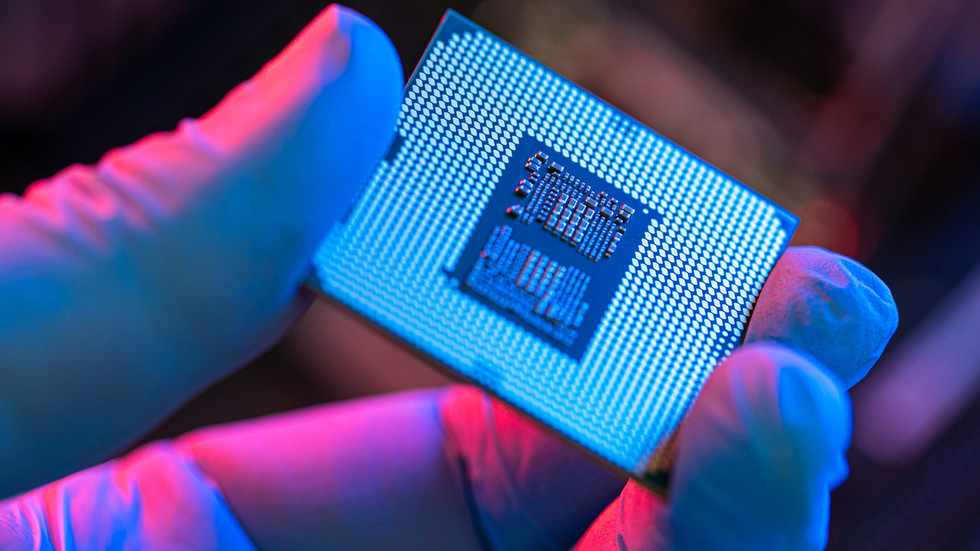
The deficit is mainly due to the rapidly growing electric vehicles industry, engineering giant Bosch has said

© Getty Images / mailsonpignata / 500px
The global semiconductor shortage will continue to affect the auto industry until 2024 as chip suppliers cannot meet procurement demands, executive vice-president of Bosch China Xu Daquan has said.
He told China Daily this week that the main reason for the shortage is the rapid growth of the new energy vehicle industry.
Bosch is one of the world’s biggest auto parts suppliers, providing intelligent driving solutions for carmakers, including chassis control systems.
Its Chinese operation is reportedly looking for domestic raw materials suppliers, but has yet to find one for mass production. The company expects more domestic chip suppliers to achieve large-scale and high-quality production in the next two or three years.
According to Auto Forecast Solutions, cited in the report, the global car market slashed production by about 3.91 million vehicles due to chip shortages in the first ten months of this year. Nearly 4.28 million units are projected to be cut for the whole year.
READ MORE: World’s biggest carmaker abandons ‘smart’ keys
The global chip shortage that started during the Covid-19 pandemic has caused severe supply issues and delays with the automotive and other industries. The conflict in Ukraine has aggravated the problem. Global prices for neon and xenon gasses have surged since Ukrainian suppliers Ingas and Cryoin, which deliver about 50% of the world’s neon gas for semiconductor uses, stopped production. Russia reportedly supplies up to 30% of the neon consumed globally. China and Japan are other major producers of noble gasses, but their supplies are mainly consumed domestically.
For more stories on economy & finance visit RT’s business section




